Resolution No. 68 clearly states that after nearly 40 years of renovation, our country's private economy has gradually developed in both quantity and quality, becoming one of the important driving forces of the socialist-oriented market economy.
 |
The private economic sector is the “most important driving force” and “pioneer force” of the economy. Illustrative photo. |
The private economic sector currently has more than 940 thousand enterprises and more than 5 million business households in operation, contributing about 50% of GDP, more than 30% of total state budget revenue and employing about 82% of the total workforce in economic growth, creating jobs, being an important force promoting innovation, improving labor productivity, increasing national competitiveness, contributing to hunger eradication, poverty reduction, and stabilizing social life. Many private enterprises have grown strongly, affirmed their brands and reached out to regional and world markets.
However, the private economy is still facing many barriers that hinder its development, has not yet made a breakthrough in scale and competitiveness, and has not yet met the requirements and expectations of being the core force of the country's economy. Most enterprises are micro, small and medium-sized; their financial potential and management level are limited; most have low technological and innovation capacity; labor productivity, operational efficiency and competitiveness are low; business thinking lacks strategic vision, and lacks connection with state-owned enterprises and foreign direct investment enterprises.
There are many reasons for the above situation, but mainly due to: Thinking and awareness of the position and role of the private economy in the economy are still inadequate, not keeping up with development requirements; institutions and laws are still entangled and inadequate; leadership and direction have not received due attention; property rights and freedom of business have not been fully guaranteed. The private economy still faces many difficulties and obstacles in accessing resources, especially capital, technology, land, resources and high-quality human resources. Some preferential and support policies are not really effective and difficult to access; business costs are still high.
In order to realize the national development goals as set out in the Resolution of the 13th National Party Congress and meet the development requirements in the new era, it is necessary and urgent to innovate thinking, unify awareness and action, have comprehensive, comprehensive and breakthrough solutions to further promote the role of the private economy, strengthen confidence, create new momentum and impetus for economic development, promote growth and enhance national competitiveness.
From the above situation, the Politburo requested to focus on thoroughly grasping, implementing drastically, synchronously and effectively specific contents.
The private economy is the most important driving force of the national economy.
According to Resolution No. 68, the goal by 2030 is that the private economy will be the most important driving force of the national economy; a pioneer in the development of science and technology, innovation and digital transformation, contributing to the successful implementation of the goals of Resolution No. 57-NQ/TW, dated December 22, 2024 of the Politburo and other policies and guidelines of the Party; striving to have 2 million enterprises operating in the economy, 20 enterprises operating/thousand people. There will be at least 20 large enterprises participating in the global value chain; the average growth rate of the private economy will reach about 10-12%/year, higher than the growth rate of the economy; contributing about 55-58% of GDP, about 35-40% of total state budget revenue, creating jobs for about 84-85% of the total workforce; Labor productivity increased by an average of about 8.5-9.5%.
Level, technological capacity, innovation, and digital transformation are among the top 3 countries in ASEAN and the top 5 countries in Asia.
By 2045, Vietnam's private economy will develop rapidly, strongly, sustainably, proactively participate in the global production and supply chain; have high competitiveness in the region and internationally; strive to have at least 3 million enterprises operating in the economy by 2045; contribute over 60% of GDP.
Resolution No. 68 also clearly states the tasks, solutions, and organization to implement the above goals.
( Attached Resolution No. 68 here) 
Source: https://baobacgiang.vn/nghi-quyet-so-68-nq-tw-cua-bo-chinh-tri-ve-phat-trien-kinh-te-tu-nhan-postid417454.bbg


![[Photo] Prime Minister Pham Minh Chinh receives Country Director of the World Bank Regional Office for Vietnam, Laos, Cambodia](https://vphoto.vietnam.vn/thumb/1200x675/vietnam/resource/IMAGE/2025/5/15/2c7898852fa74a67a7d39e601e287d48)


![[Photo] National Assembly Chairman Tran Thanh Man meets with Thai Prime Minister Paetongtarn Shinawatra](https://vphoto.vietnam.vn/thumb/1200x675/vietnam/resource/IMAGE/2025/5/15/e71160b1572a457395f2816d84a18b45)






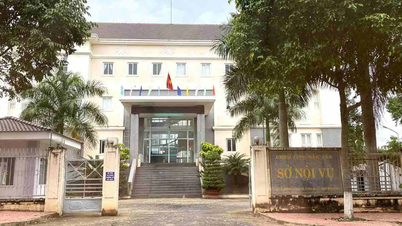

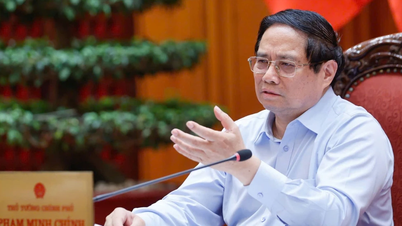


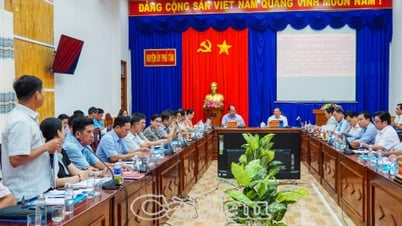









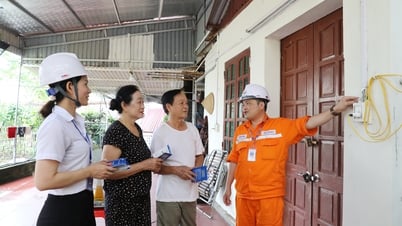
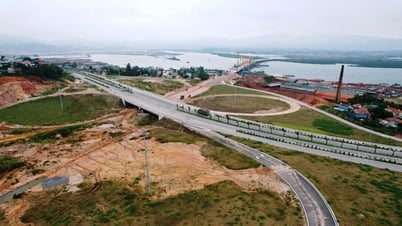








































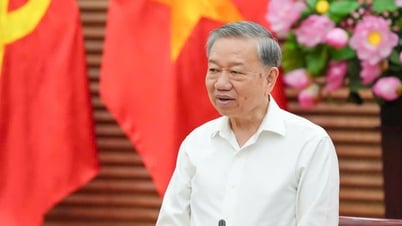



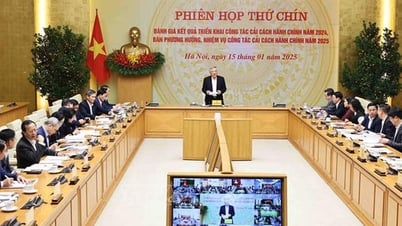

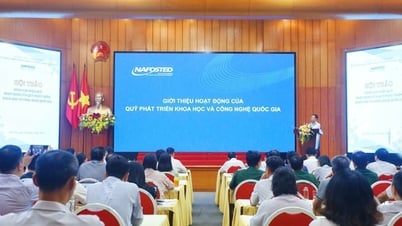

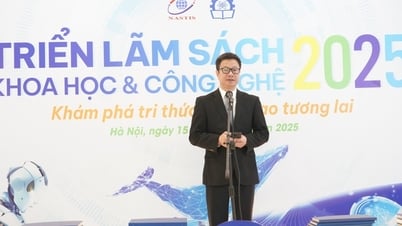












Comment (0)